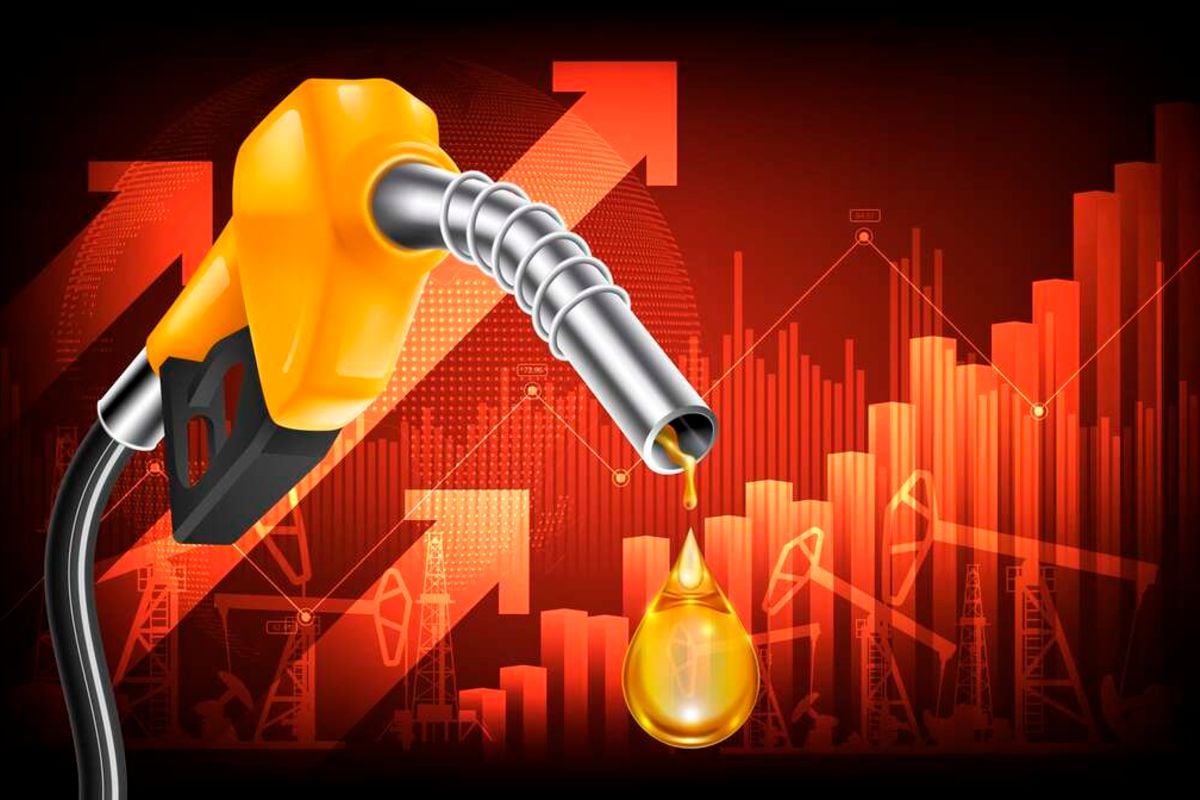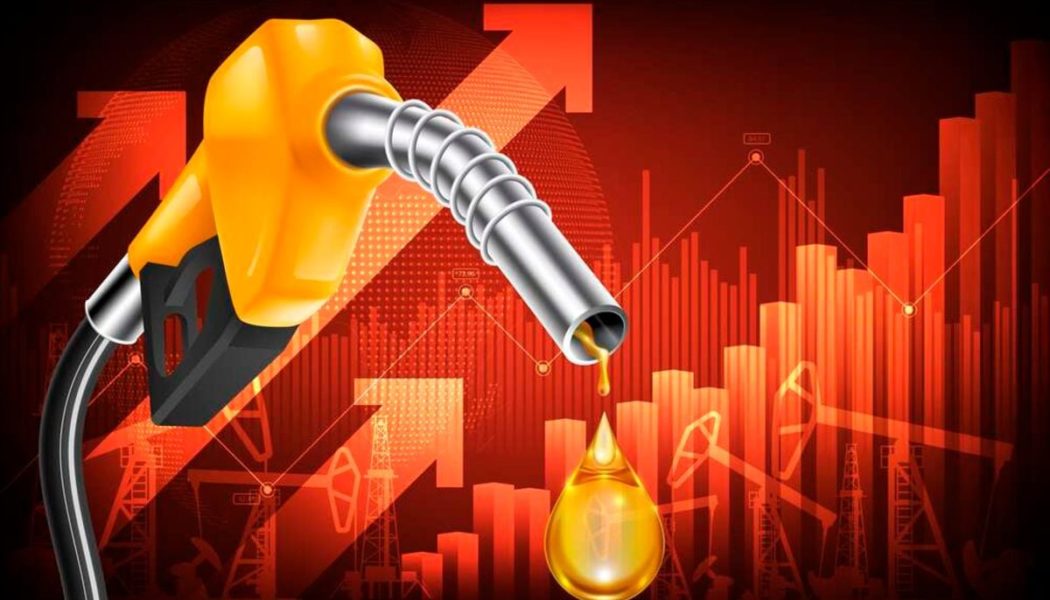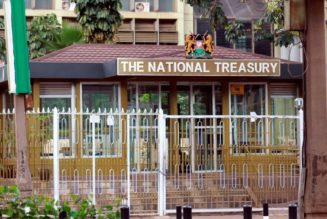
Motorists have been overcharged an estimated Sh16.4 billion or Sh2.70 per litre of fuel since Kenya opted for government-to-government oil supply contracts with three Gulf-based companies, boosting the earnings of three local firms at the expense of consumers.
Kenya entered the deal with Saudi Aramco, Abu Dhabi National Oil Company and Emirates National Oil Company in March last year, switching from an open tender system where local companies bid to import oil monthly.
Now, consultants tapped by the energy regulator have asked Kenya to end the oil supply deal with three Gulf-based companies, arguing that it is costly compared to fuel sourced through open tender.
A leaked report seen by the Business Daily indicates that three local suppliers, including Galana Oil and Gulf Energy, have failed to pass the benefits of the Gulf oil supply deal and pocketed outsized returns compared to average margins under the previous open tender system.
The previous system was open to all retailers in Kenya, with the winner supplying the industry for two months and paying for the cargo in hard currency within five days of delivery.
“The open tender system (OTS), through monthly competition and award of supply contracts, ensures price competition between suppliers which in turn ensures supply premiums remain competitive. The OTS mechanism is therefore preferred,” said the report conducted by UK-based Channoil Consulting Ltd and Nairobi-based Kurrent Technologies Ltd.
“For the OTS mechanism, the average suppliers’ premium for January – February 2023 is Sh4.51 per litre. For the government-to-government mechanism, the average suppliers’ premium for June to July 2024 is Sh7.21 per litre, or Sh2.70 per litre higher than the OTS mechanism for the sampled months,” the report adds.
The oil supply deal with three Gulf-based companies was designed to manage demand for dollars and lower the cost of the premium Kenya pays its suppliers.
Official data indicates that Kenya consumes an average of 380.1 million litres of diesel, super petrol and kerosene monthly.
This means that consumers have missed out on benefits worth Sh1.02 billion monthly in the government-to-government oil deal or Sh16.4 billion since the onset of the Gulf deal in March last year.
The Energy and Petroleum Regulatory Authority (Epra) tapped the consultants for the cost-of-service study of the fuel sourced from UAE’s ADNOC, Saudi Aramco and Dubai’s government-owned refiner, ENOC.
Fuel prices have a big effect on inflation in Kenya, which relies heavily on diesel for transport, power generation and agriculture, while kerosene is used in many households for cooking and lighting.
The State last year reckoned the deal would help lower the cost of transporting oil to Kenya and the premium it pays to suppliers.
It came with 175-day credit terms, allowing the country to build up dollars for the purchase over time, rather than requiring about $600 million every month to pay for imports.
The oil import agreement, in which the government acts as the guarantor, has been blamed by government critics for contributing to a surge in retail prices of petrol.
Gulf Energy Kenya, Oryx Energies Limited and Galana Energies Limited were the local OMCs that were handpicked to distribute the fuel products to other oil companies for the duration of the deal.
However, Saudi Aramco dropped Oryx as its local importer of diesel in the G-to-G deal in December last year and picked Asharami & One Petroleum in its place.
The local oil marketing firms did not immediately respond to requests for comment. The cost-of-service study findings, however, poke holes into the design of the G-to-G arrangement, stating that it failed to create a mechanism that would allow end consumers to fully benefit from the extended credit period.
“If an allowance is made for the benefit of the additional 175 days of extended credit, then the price difference reduces to Sh0.42 per litre.
“However, it appears that the price build-up used does not adjust for the extended credit element of the cost. Rather, the far higher suppliers’ premium is used directly in the price build-up,” the consultants said.
In their findings, the two consultants have cited an inability to conduct a detailed evaluation of the commercial terms related to the government-to-government deal because they are secret and confidential.
“The original framework arrangements have a term duration of 270 days, or effectively 9 months, from their inception on March 1st, 2023. It is understood that these contracts have recently been extended to the end of 2024.
“It has not been possible to examine the detailed commercial terms of the government-to-government framework agreements as we were made to understand they are confidential,” the report states.
The revelations come at a time when fuel prices in Kenya remain the highest in the East Africa region, partly blamed on increased taxation of petrol and diesel.
Over the last year, the government has increased Value Added Tax (VAT) on fuel to 16 percent from 8.0 percent and hiked the road maintenance levy to Sh25 up in July up from Sh18 per litre. A litre of diesel was selling at Sh162 in Nairobi before the Gulf supply deal in February last year. It rose to Sh196.47 in January before falling to Sh171.60 this month on the back of a stronger shilling, falling global prices and subsidies.









